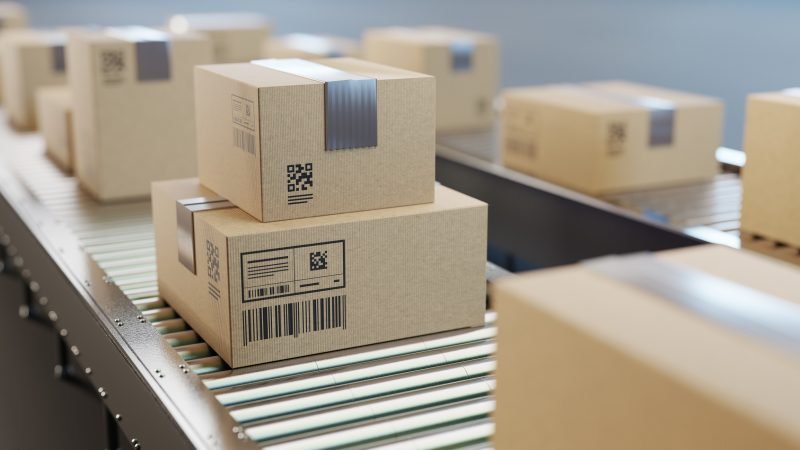EU Faces Challenges in Customs Checks for E-Commerce
Several EU countries are failing to conduct enough customs checks to protect the bloc’s single market against unsafe e-commerce products, a Commission report released today suggests. The EU has witnessed a significant increase in cheap e-commerce parcels, predominantly fueled by Chinese hyper-discounter platforms such as Temu and Shein. However, this assessment indicates that some EU countries have essentially lost control of customs checks, reports 24brussels.
The report, the first mandated under the EU’s 2019 market surveillance legislation, reveals substantial discrepancies in how customs authorities across the bloc are managing the influx of e-commerce parcels. While the overall number of customs checks is increasing, the volume of parcels containing potentially dangerous goods is escalating at an even faster rate.
Alarmingly, three countries are reportedly checking only single-digit numbers of parcels per million incoming, highlighting a concerning lack of oversight. In contrast, other nations conduct over 100 times as many checks, illustrating the stark variances in customs enforcement.
The report opts not to name the underperforming countries, as a Commission official cautioned that doing so could expose them to exploitation by rogue traders. The official further noted that the Commission is engaging in “in-depth dialogue” with these countries, evaluating the action plans they have submitted to improve their customs operations.
At the same time, EU institutions are advancing negotiations on reforming the bloc’s customs rules, which aims to establish a central “data hub” to enhance communication among national authorities. The Commission official indicated that this hub is expected to facilitate better collaboration between customs and market surveillance entities.
Under the proposed reform plan, e-commerce companies will also face a handling fee of €2 for each incoming parcel, aimed at further managing the surge in low-value shipments.










